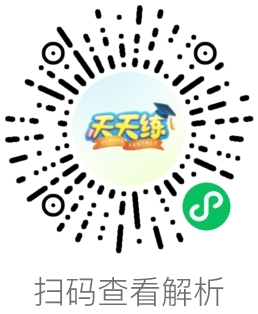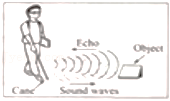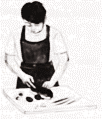




 | Shang Yang reformed many fields. Before the reform, he placed a log (原木) at the gate and promised, "If someone can move the log, he will get a reward. " No one believed him until someone moved the log, Shang Yang really gave him a reward. |
 | Do you know Lu Ban lock?It is a removable toy. Lu Ban made it for his son. His son studied all night before opening it. He also invented many tools and weapons (武器). |
 | Li Bing was an expert in water projects. He set up many water projects. Dujiangyan is the most famous. It made water helpful to the people. |
 | Once, an official fell unconscious (昏迷的). Everyone thought he was dead except Bian Que. Bian Que felt his weak pulse and said. "He will wake up in three days." Two days later, the official woke up. Everyone was amazed. |
 | When Bo Ya played, even the horses looked up, listened to his music and stopped eating. Bo Ya's friend, Zhong Ziqi, understood his music. They liked each other. After Ziqi died, Bo Ya broke his guqin and never played it any more. |
| Beliefs of Fixed and Growth Mindsets | ||
| Fixed Mindset | Growth Mindset | |
 | Things you're born with that cannot change | Things you can grow and improve with hard work |
 | Something to avoid—could show lack of skill | Something important—leads to success |
 | Things to avoid—in case you aren't good enough | Things that help you learn |


Handshake Whether you're greeting someone for the first time, or successfully reaching an agreement, shaking hands is usually the go-to gesture. Who decided on this gesture, anyway? The handshake dates back to ancient Greece where it was used as a way to show peace. High Five  Whether you entered the final competition or won a debate (辩论), you were probably given or received a high five before. According to some sources, the high five first became popular when baseball players performed at Dodger Stadium on October 2, 1977. Glenn Burke, one of the players, lifted his arm high above his head and slapped palms with his teammate Dusty Baker to celebrate a victory, marking what is widely considered as the first record of a high five. The Fist Bump  The fist bump comes from boxers (拳击手) in the 1970s after people copied how they touched gloves before a competition. Later, instead of shaking hands, fist bumps became popular among basketball players. The gesture soon spread to all basketball lovers. |

| 1. What will you do? 2. How will you do it? 3. Why do you choose to do it?… |